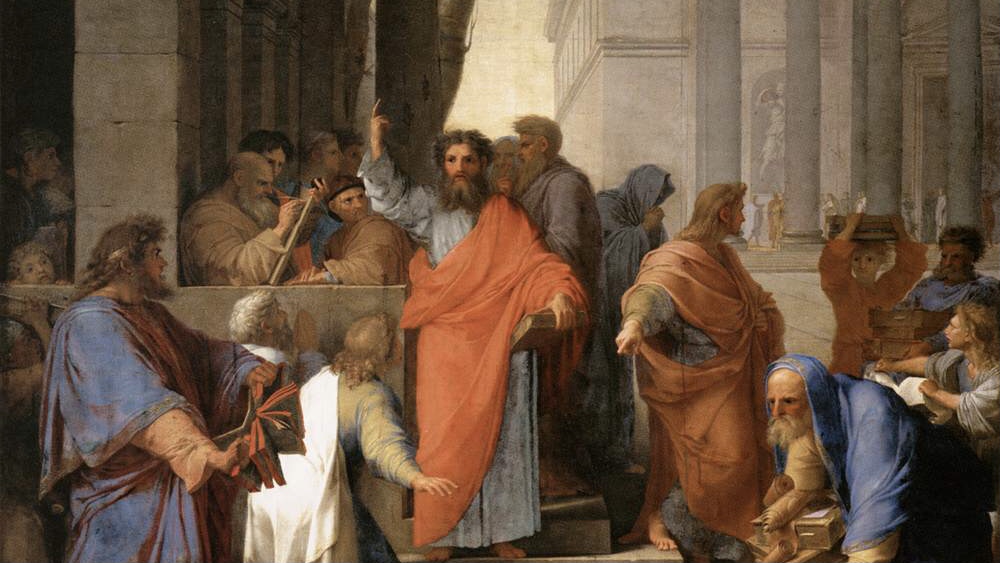
have seen this twice now in as many days, the first from an actual archbishop and former nuncio to the United States, Carlo Maria Viganò. In his letter to President Trump, he wrote: “On the one hand there are those who, although they have a thousand defects and weaknesses, are motivated by the desire to do good, to be honest, to raise a family, to engage in work, to give prosperity to their homeland, to help the needy, and, in obedience to the Law of God, to merit the Kingdom of Heaven.” Then, on Facebook, a published Catholic author (who also writes for Catholic Answers), Leila Miller, stated the inverse: “The truth is, without Jesus, and without obeying his Law, you are going to Hell.”
Dear reader, this is a heresy. Not one human being is capable of “meriting the Kingdom of Heaven” by obeying the Law. St. Paul settled this and the Council of Trent settled this. St. James in his epistle even says: “For whosoever shall keep the whole law, and yet offend in one point, he is guilty of all” (James 2:10).
The very first of Trent’s Canons on Justification says:
If any one saith, that man may be justified before God by his own works, whether done through the teaching of human nature, or that of the law, without the grace of God through Jesus Christ; let him be anathema.
Now, it is true that through good works—not to be confused with “works of the law”; “good works” refer instead to the works of mercy—and through grace and through the Sacraments, Christians increase in merit and share in the merits of Christ. But that does not mean that we have somehow “merited the Kingdom of Heaven,” or that failure to satisfy the law (which no one can do) means that we will go to Hell. The whole reason Christ offered himself to the Father on the Cross was so that our inability to satisfy the law did not condemn us to Hell. Christ, says the Council of Trent (Decree on Justification, Chapter 7), “merited Justification for us.”
It is important to get this right because Protestant anti-Catholics love to say that the Church teaches justification by works, and it does not. I spent a long time fighting this battle when I was in the middle of my conversion and it is painful to see that Catholic writers at Catholic Answers and even an archbishop need to be corrected on this. The Church does not teach works righteousness.
Though it is true that we increase in merit through good works, “good works” here does not refer to works of the Law. That’s a reference to the spiritual and corporal works of mercy. And both the Catholics I quoted above specifically mentioned obedience to the law as the means by which Heaven is merited or Hell avoided. That’s not true. That’s heresy, and more than that, it’s a heresy to which the Council of Trent attached a penalty of excommunication. Please, please don’t fall for this. “By grace ye are saved through faith,” Paul wrote in Ephesians 2:8, “and that not of yourselves; it is the gift of God, lest any man should boast.”
Discover more from To Give a Defense
Subscribe to get the latest posts sent to your email.